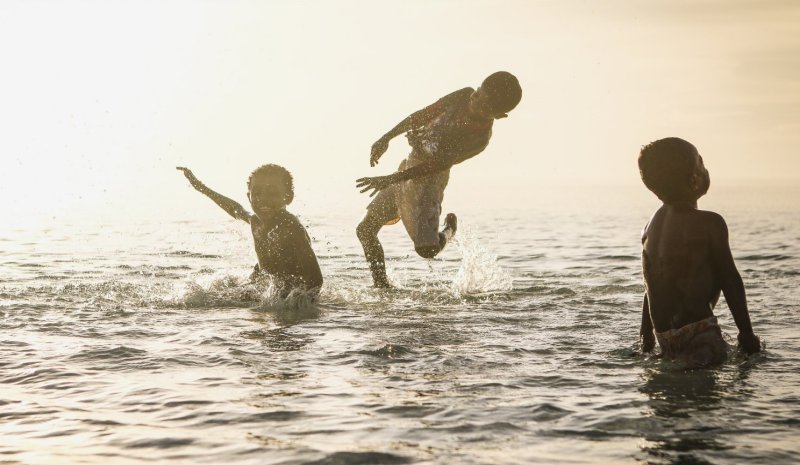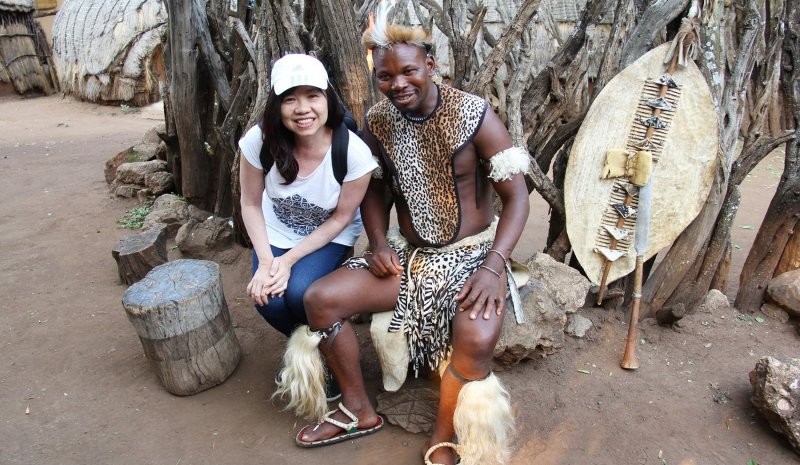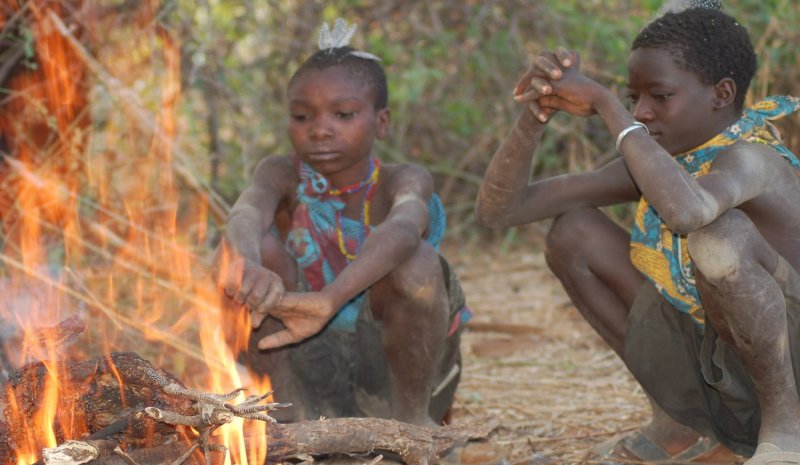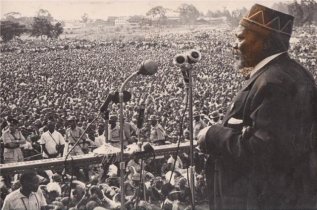-

Make a real difference...
-

to communities across Africa.
-

Share skills and knowledge...
-

and sponsor children...
-

to develop a better future
-

...and change lives forever!

After the Portuguese were driven out from parts of what is
now Kenya by the Omani Arabs and Swahili tribes in the late 17th
century, the British founded the British East African
Protectorate in 1895 and it was renamed Kenya after becoming a
crown colony in 1921 under the control of a British governor. Within a year, dissent against British policies was beginning
to fester led by Harry Thuku and
his East African Association. Thuke was arrested and exiled for
seven years triggering a massacre outside Nairobi's Central
police station in which twenty-three Africans were killed.
This
event probably marked the beginning of a concerted effort to
achieve independence for the country. One Jomo Kenyatta
then became leader of the East African Association
and later the secretary-general of the Kikuyu Central
Association. In 1929 he went to the UK to make an abortive
attempt to convince the Colonial Office that Kenya should be set
free however, far from moves towards independence, Britain
responded by convening the Carter Land Commission which
concluded that permanent barriers should be in force between white-owned farms and reserves for Africans, which they needed
permission to leave. Black outrage resulted in all African
political associations being banned in 1940.
The Second World War gave further impetus to the independence
movement as hundreds of thousands of Kenyans fought side by side
with white Europeans making them realise that the whites were by
no means invincible and could be defeated just as easily as anyone else. In 1944 the Kenyan African Union was formed, dedicated to ending
British rule and establishing Kenyan independence. In 1946 Kenyatta returned to Kenya after almost fifteen years abroad and
soon thereafter assumed the leadership of the Kenya African Union.
As the KAU's support grew and convened strikes, the police
started firing on protestors to suppress the movement, but this only
fed the growing clamours for independence.

Kenya's most popular tribal group, the Kikuyu, led this
clamur and formed the Mau Mau, a movement dedicated to
overthrowing white dominance by whatever means required. Such
were the levels of violence, not just against whites but blacks
who were considered white collaborators, a state of emergency
was declared in Kenya in 1952 after Kenyatta and five colleagues
were arrested. They were accused of organising the Mau Mau and subjected to
seven years hard labour at a camp near Lake Turkana. The state
of emergency lasted until 1959 during which time the Kenya
Citizens Association emerged, promoting change through dialogue
and compromise rather than violence. During the Mau Mau
rebellion, which ended in 1956, 13,500 Africans were killed and
over 30,000 men, women and children were held in concentration
camps.

Sensing the tide was
turning, many whites began to leave. Kenyatta was released
from prison in 1959 but kept under house arrest. During this time
he was elected ~ in his absence ~ president of the Kenya African National Union (KANU)
an organisation formed in 1960 by Tom Mboya and
Oginga Odinga. By this time the British government was aware than
independence was inevitable and invited representatives of both KANU,
who
advocated a strong central government, and the newly formed Kenya
African Democratic Union (KADU) who favoured a more decentralized
federal form of government, to Lancaster House for talks. Kenyatta himself was
still under house arrest and was therefore unable to attend the
talks which concluded a general election should be called for the
first time in February 1961. KANU won most votes in the election,
but refused to take office until Kenyatta was released, a release
finally achieved in August 1961. Further universal elections were
held in May 1963 which saw KANU triumph and Kenyatta became Kenya's
first Prime Minister before taking the country to independence on 12 December 1963 as president with KANU co-founder Oginga Odinga as
his vice-president. The video (below) shows images from the day when Kenya achieved its
independence in original news footage.
Kenya Independence: Child Sponsor Kenya
|

|
Details of current volunteer work
opportunities in each of the
countries of Africa.
Find how to sponsor a child in Africa
with our list of organisations,
charities, programs and projects.
Discover all about Africa, its tourist
attractions, history, people, culture
and daily life there.
A treasure trove of African
resources from webcams to
free downloads and news.